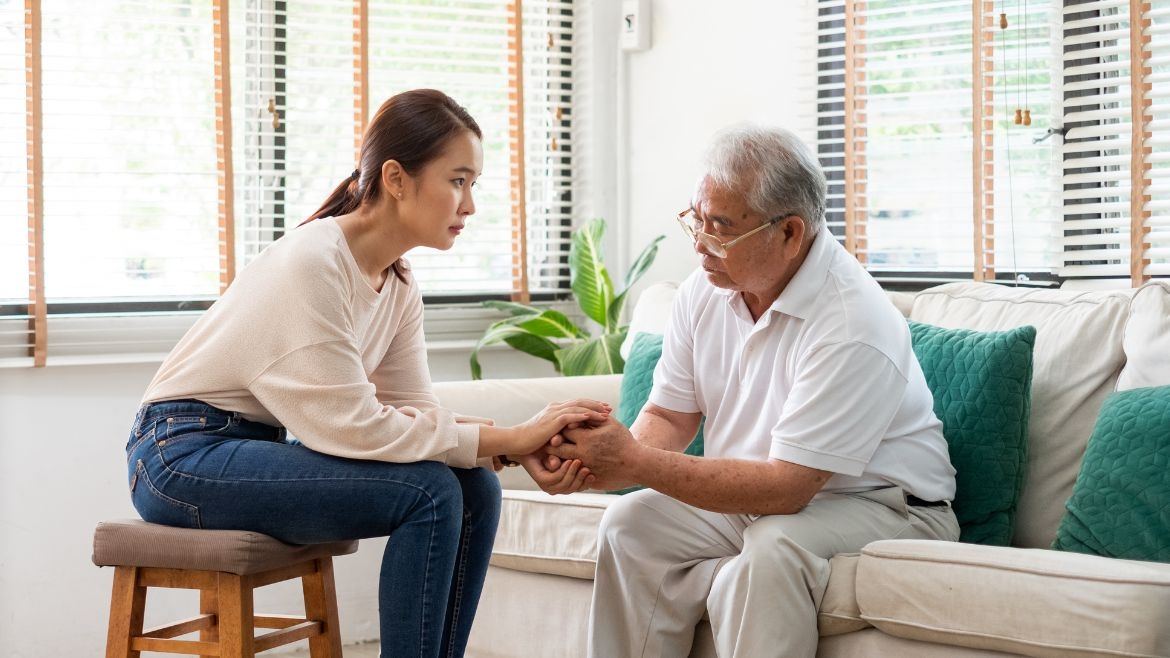Recognize the Signs of Mental Health Issues in Your Aging Loved One
Caregiving in the US 2020 estimates that 24% of seniors struggle with mental health problems. It is becoming more common among seniors. In some cases, these issues are normal as we age, while in others they may be caused by health, environment, or life circumstances. The following are some common mental health issues to watch for in a loved one who is aging:
Depression
Depression causes older adults to visit the doctor and emergency room more often, take more medication, and stay in the hospital for longer periods of time. It is common for depression symptoms to appear as a result of health problems, grief, and social isolation. Seniors who suffer from depression may exhibit the following symptoms:
- Frequent feelings of hopelessness, sadness, or emptiness.
- Feeling tired or lacking energy.
- A change in appetite.
- Concentration or memory problems.
- Oversleeping or undersleeping.
- Problems with digestion or abdominal cramps.
- Frequent headaches or body aches.
- Having suicidal thoughts.
Cognitive Impairment
Approximately 26 percent of caregivers say that their loved one has Alzheimer’s disease or dementia, while 32 percent report that their care recipient has memory problems. The effects of these kinds of cognitive impairments go beyond occasional memory lapses, and they can make someone unable to take care of themselves.
Symptoms of a more serious memory problems include:
- Having trouble with daily tasks.
- Changes in personality.
- Memory loss is affecting everyday life.
Generalized Anxiety Disorder (GAD)
In older adults, generalized anxiety disorder (GAD) is one of the most common forms of anxiety. A traumatic life event such as the death of a loved one, an acute illness, or a fall is often the cause of most anxiety in seniors. An individual with GAD has persistent, excessive worry that is difficult to control for at least six months, along with three or more of these symptoms:
- Being frequently irritable, nervous, or on edge.
- Feeling impending danger, panic, or doom.
- Excessively fast heart rate.
- Rapid breathing (hyperventilation), sweating, and trembling.
- Weakness or tiredness.
- Problems with gastrointestinal (GI) function.
Senior Living Has Shown to Improve Mental Health
Your goal as a caregiver is to give your loved one the best possible care, including mental health. Consult their doctor or care provider if you have concerns. You can then put together a plan for their treatment and care.
Senior living communities ensure the safety, happiness, and health of their residents. Among the things that can improve a senior’s mental health at a senior living community are daily activities, socialization, and not having to deal with household chores. Get in touch with us if you believe that your loved one could benefit from these amenities.

